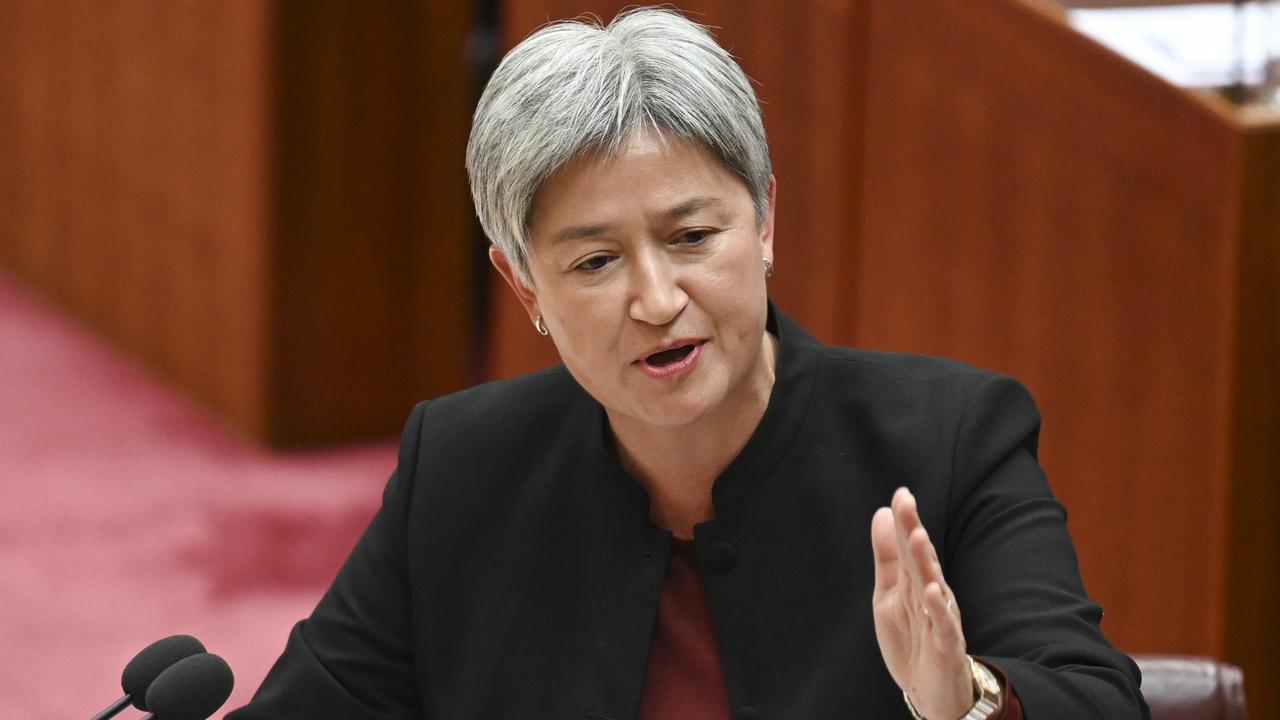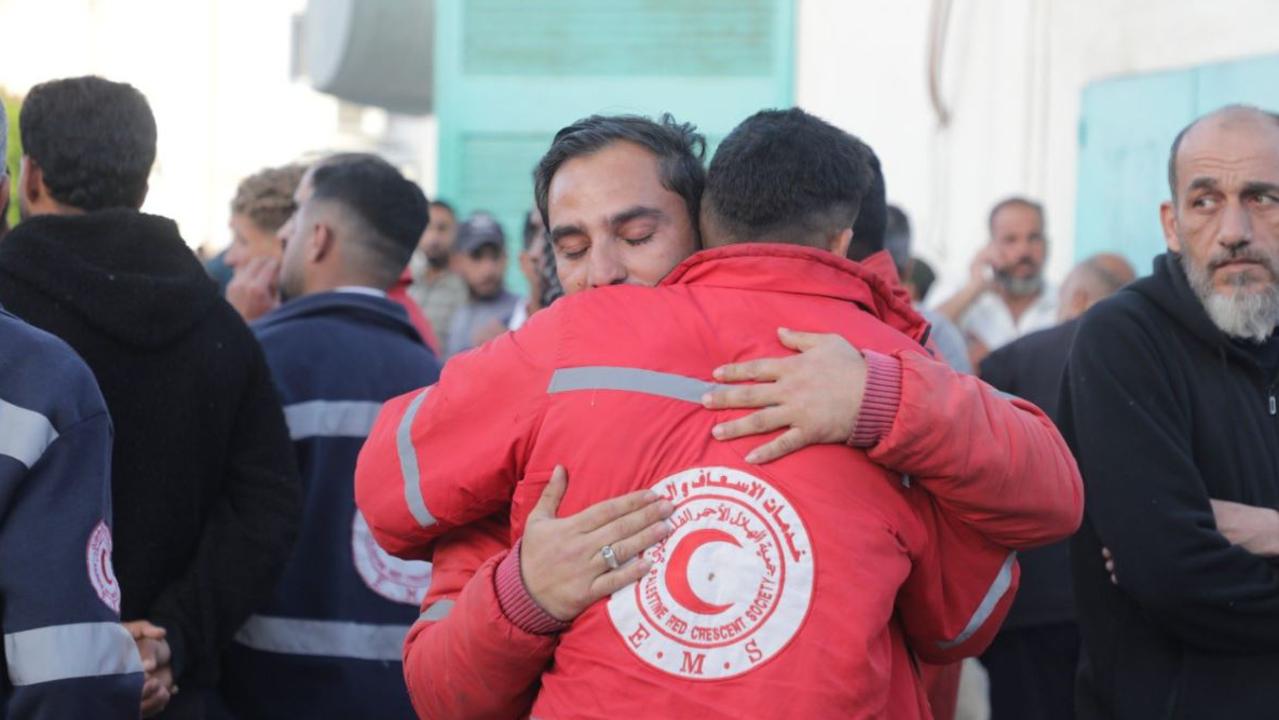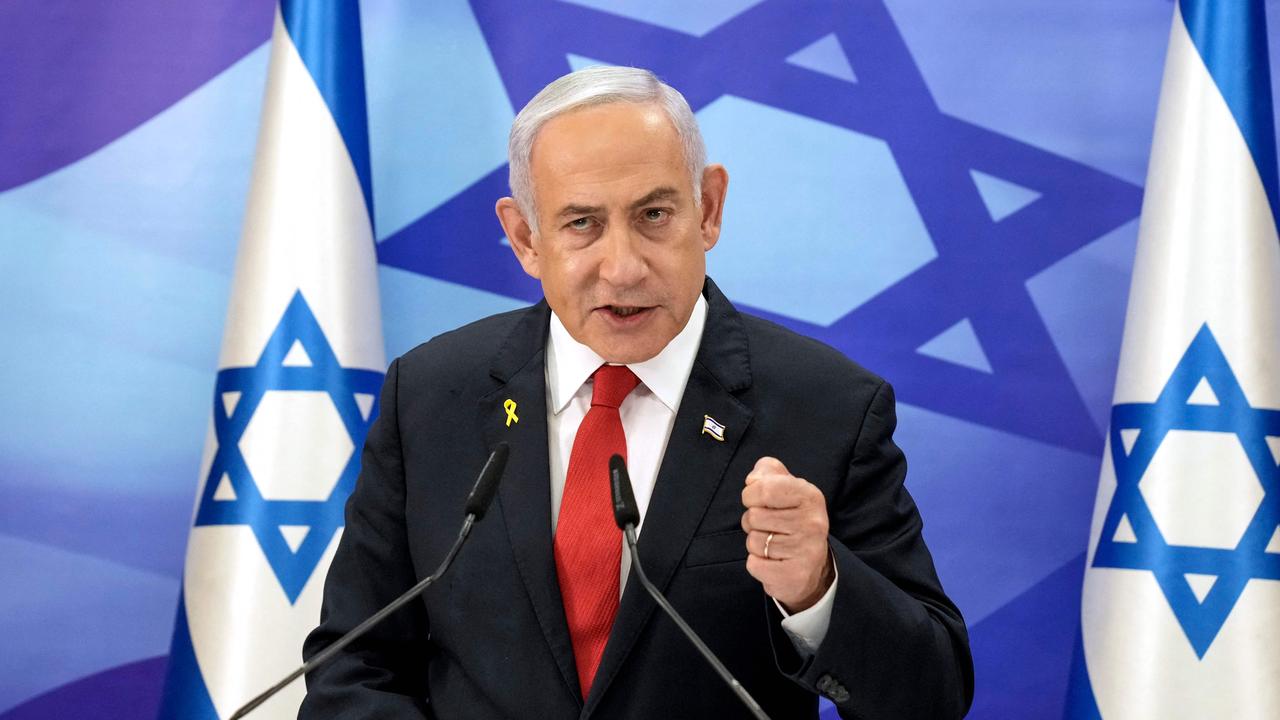Young hostage rescued after 10 years, having been taken to Gaza at age of 11
A woman who was kidnapped as a young girl, at the age of 11, and taken to Gaza has at last been rescued.

A woman who was kidnapped at the age of 11 and taken to the Gaza Strip has at last been rescued after more than a decade in captivity.
Fawzia Amin Sido, now 21 years old, is a member of the Yazidi religious group, which is mainly located in Syria and Iraq.
She was a victim when the Islamic State overran her community in Sinjar, located in northern Iraq, in 2014. Thousands of men were killed in the attack; girls and women were captured and enslaved.
Across multiple Yazidi villages, men and boys over the age of 14 were rounded up and shot, while the girls and women were abducted.
Her rescue today has been confirmed by Israel, along with the United States and Iraq.
Her captor was reportedly killed during Israel’s strikes against Hamas, the militant group that governs the Gaza Strip.
According to Reuters, which cited Iraq’s foreign ministry, there had been previous attempts to retrieve Ms Sido that were foiled by the febrile situation in Gaza.


Ms Sido was transported to Iraq after a “complex operation co-ordinated between Israeli, the United States and other international actors”, according to the Israeli military.
Steve Maman, a Canadian philanthropist, shared a video on Twitter that showed Ms Sido reuniting with her family.
“I made a promise to Fawzia the Yazidi who was hostage of Hamas in Gaza that I would bring her back home to her mother in Sinjar,” said Mr Maman.
“To her it seemed surreal and impossible but not to me, my only enemy was time. Our team reunited her moments ago with her mother and family in Sinjar.”
Israel strikes against Hezbollah intelligence HQ
Meanwhile the Israeli military has hit Hezbollah’s intelligence headquarters in the Lebanese capital, Beirut, in its latest round of strikes against the terrorist group.
Israel’s bombing in Lebanon, focused in the south, has so far killed more than a thousand people, according to the country’s health ministry, and forced hundreds of thousands to flee their homes.
Today the Israeli Defence Forces said they had struck “targets belonging to Hezbollah’s intelligence headquarters in Beirut”.
The American news site Axios cited three unidentified Israeli officials, who named the target of the attack as Hashem Safieddine, a potential successor to Hezbollah head Hassan Nasrallah, who was killed a week ago.
A source close to Hezbollah told AFP Israel had conducted 11 consecutive strikes on the group’s south Beirut stronghold late on Thursday, local time. Sources had earlier said another Israeli strike had targeted a warehouse next to Beirut’s international airport.
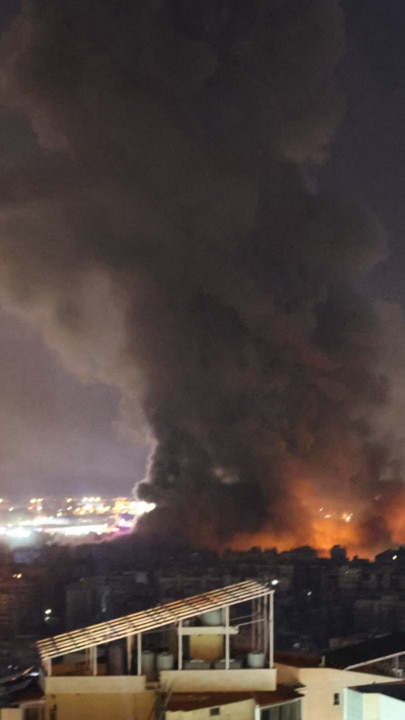
Israel has also reportedly struck an air base in Syria used by Russia – or close to it.
On Thursday, US President Joe Biden responded to a reporter’s question whether the US would “allow” Israel to strike Iran.
“We don’t ‘allow’ Israel, we advise Israel,” he said. Mr Biden then added: “There is nothing going to happen today”.
However, he did say there were “discussions” taking place about Israel hitting Iran’s oil facilities. Iran is a major oil producer.
In Iran, it is claimed Supreme Leader Ayatollah Ali Khamenei “no longer trusts anyone,” for fear of Israeli spies. It’s also been revealed he desperately, and unsuccessfully, tried to get Hezbollah’s leader to flee Lebanon before he died.
While a hostage kept captive for a decade has been freed in Gaza.
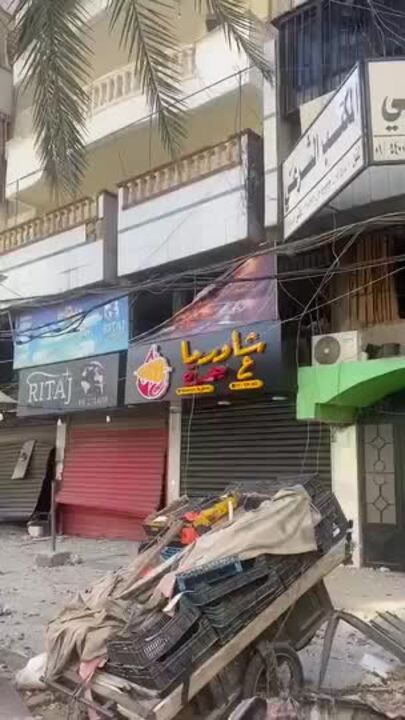
Biden says ‘discussion’ over hitting Iran oil sites
Talking to reporters outside The White House on Thursday, Joe Biden was asked if the US would support Israel hitting Iran’s oil facilities.
“We’re in discussion of that,” he said.
Iran is the world’s seventh largest oil producer and a key member of the OPEC group of oil exporting nations.
Following Mr Biden’s comments, the price of crude oil shot up by 5 per cent fuelling fears of an economic shock if Iran and Israel’s fighting continues.
However, much of Iran’s oil goes not to the West but to China. And other oil producing nations, such as Saudi Arabia, could export more to fill a gap.
But there could be other consequences – such as Iran blocking the Straits of Hormuz, a key waterway where large amounts of oil is exported from.
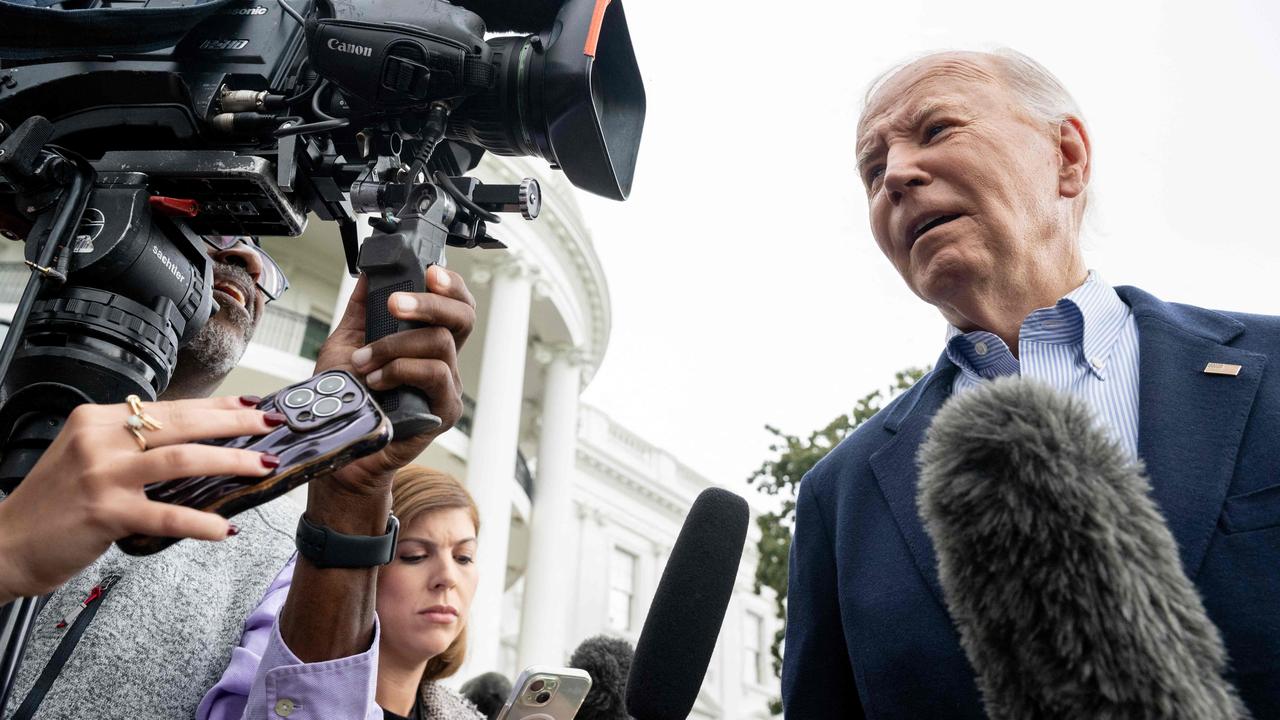
Israel attack on or near Russian air base
Israel has reportedly used drones or missiles to attack an air base in Syria used by Russia, or close to it.
The Hmeimim air base is one of Russia’s most significant military installations in the Middle East. Russian President Vladimir Putin has visited the base in the past.
There are reports a Boeing 747 from Iran’s Qassem Fars Airlines landed at the base shortly before the attack. The airline is linked to Iran’s Revolutionary Guard and it has been accused of carrying weapons from Tehran’s proxies in the past.
Hmeimim is close to Lebanon’s northern border and it is thought Iranian weapons destined for Hezbollah were the target.
The attack occurred 30 minutes after the plane landed. A large orange fireball could be seen in the vicinity.
Both Russian and Syrian air defences attempted to intercept the aerial bombardment for 40 minutes, but some got through.
It’s unclear if the base itself or an external warehouse was attacked.
Russia’s TASS news agency said a weapons depot was struck in the Syrian coastal city of Jablah, near to where the air base is located. But it did not mention the air base specifically.
“Israel is bound to launch air strikes against any Syrian airport that lets Iranian planes in,” geopolitical expert and former IDF soldier Michael Horowitz told UK newspaper The Telegraph.
“Tehran probably thought its best shot was to use Khmeimim because of the Russian presence”.
It’s not thought Russian parts of the base were targeted. But it could lead to a difficult conversation between Israeli prime minister Benjamin Netanyahu and Putin.


